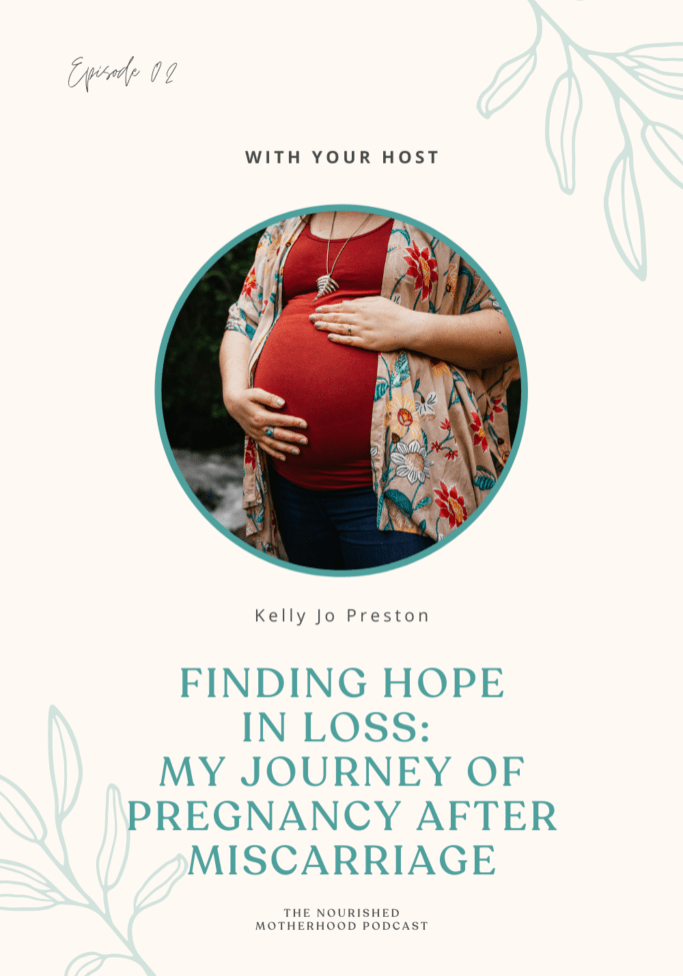Miscarriage is a profound loss that stirs a torrent of emotions—grief, confusion, and sometimes, despair. For those navigating this arduous journey, the teachings of the Bahá’í Faith offer a unique perspective that encourages healing through trust and understanding of the soul’s eternal journey. By embracing these divine principles, one may find solace and a renewed sense of purpose in the wake of loss.
1. Understanding the Nature of the Soul
The first step towards healing involves a deep contemplation of the Bahá’í view of the soul. The Faith teaches that the human soul is immortal and partakes in a continual progression after physical death. Miscarriage, while heart-wrenching, is viewed as a transition for the soul that leaves this earthly existence. This perspective invites a paradigm shift; instead of perceiving miscarriage as an end, it can be understood as a significant, albeit painful, part of a greater journey.
The concept of the soul’s significance permeates Bahá’í teachings, illustrating that every soul has a distinct purpose. During moments of anguish, embracing this idea can instill a sense of hope—recognizing that the lost soul is merely continuing on its eternal path. Such understanding promotes the notion that every experience, including suffering, contributes to the soul’s development.
2. The Role of Prayer and Meditation
Prayer and meditation are pivotal to the healing process within Bahá’í teachings. These practices provide avenues for individuals to express their innermost feelings, facilitating a form of communion with the Divine. Engaging in prayers such as the “Tablet of Ahmad” or other selections can offer relief and comfort in sorrowful times. This divine connection allows for a cathartic release of emotions and, ultimately, fosters a renewed trust in God’s wisdom.
Moreover, meditation encourages introspection and reflection, permitting individuals to confront their feelings head-on. Reflecting on the shared experiences of others who have undergone similar grief can also create a sense of camaraderie and understanding, alleviating the isolation that often accompanies loss.
3. Embracing the Cycle of Life
Bahá’í teachings emphasize the cyclical nature of life—the interdependence of creation, growth, decay, and renewal. Understanding this cycle can be particularly potent for those healing from miscarriage. Grief might feel insurmountable, but recognizing that loss is an inherent aspect of life cultivates an appreciation for the beauty that follows suffering.
Such understanding can foster resilience. The very essence of life is imbued with an intricate balance of joy and sorrow; therein lies the opportunity for transformation. Recognizing this cycle paves the way for individuals to reframe their perspectives, viewing their experiences not solely through a lens of loss but rather as part of a broader, intricate tapestry of existence.
4. Community Support and Connection
The Bahá’í community is founded upon the principles of unity and support. Individuals suffering from miscarriage should seek solace within their communities, for collective healing underscores the belief that no one should navigate grief in isolation. Engaging with others who have faced similar tragedies can offer profound connections and insights that promote healing.
Sharing stories and experiences not only provides catharsis but also reinforces the bonds of community. Allowing oneself to be vulnerable fosters connection, showing that pain can be an avenue to greater understanding and mutual support. Establishing these relationships within the context of the Bahá’í community can evoke feelings of belonging and reassurance during a time filled with uncertainty.
5. The Promise of Renewal
In the wake of miscarriage, Bahá’í teachings illuminate a path toward renewal and hope. It is essential to embrace the notion that every challenge presents an opportunity for growth and reassessment of life’s purpose. The experience of grief encourages individuals to cultivate inner strength and resilience, fostering a deepened understanding of the human condition.
This period can serve as a catalyst for personal transformation and a re-evaluation of values and priorities. The soul’s journey is said to be enriched through trials, and navigating grief can initiate a more profound connection to one’s spiritual self. In time, individuals may emerge from the shadows of sorrow into a vibrant renewal of faith and purpose, transforming their grief into a motivation to engage more profoundly with life.
6. Trusting the Divine Plan
At the core of Bahá’í teachings is the concept of trust in the Divine plan. Understanding that there is a reason and wisdom beyond human comprehension can provide immense peace. By leaning into this trust, individuals may begin to surrender their grief, allowing for healing to take place in accordance with divine wisdom.
In moments of darkness, acknowledging the presence of a loving Creator can be a source of profound comfort. Embracing the belief that souls are connected through an intricate design fosters a powerful understanding that one is never alone in their journey of grief. This trust invites a sense of surrender, facilitating healing and promoting peace in the aftermath of loss.
Conclusion
Finding peace after miscarriage is a multifaceted journey that requires time, reflection, and an exploration of spiritual teachings. Within the context of Bahá’í beliefs, the experience of loss becomes a vital aspect of the soul’s eternal journey. By understanding the nature of the soul, engaging in prayer and community, and embracing the cycles of life, individuals can cultivate resilience and trust in a divine plan. Ultimately, through the lens of Bahá’í teachings, one can emerge from grief more attuned to the richness of life, brimming with the promise of renewal and spiritual growth.
